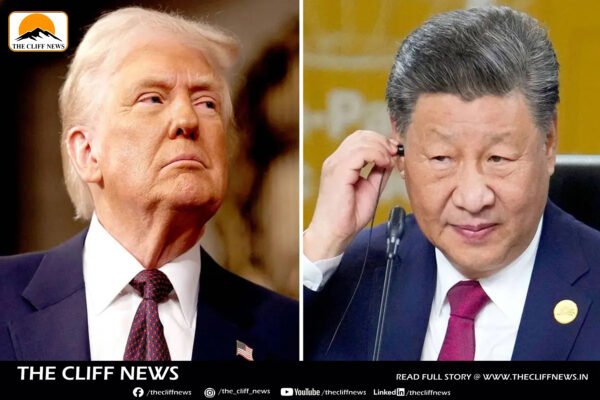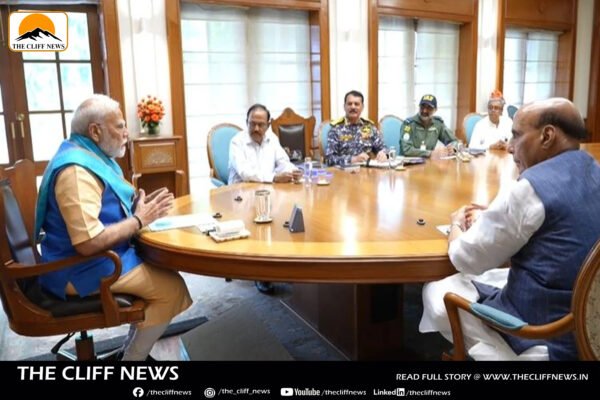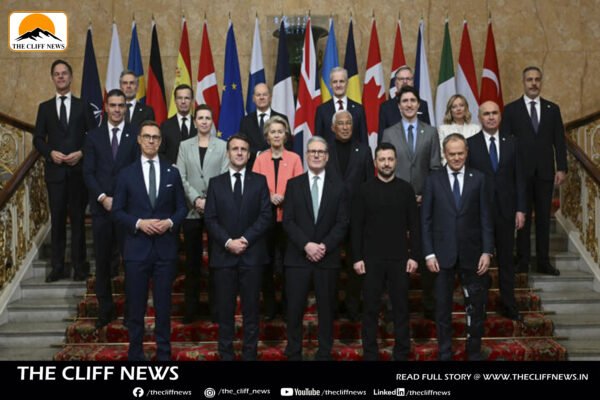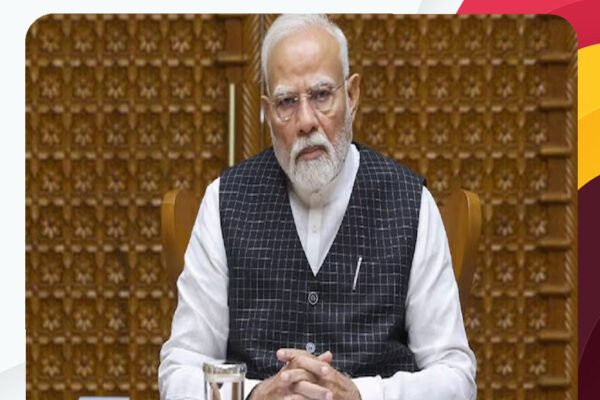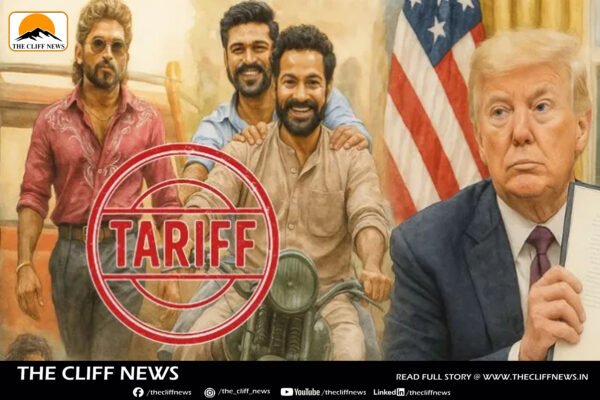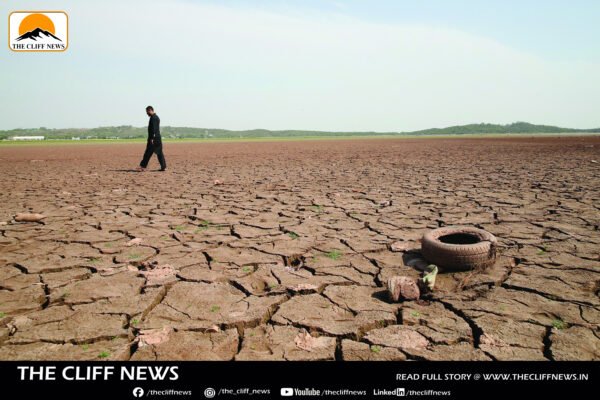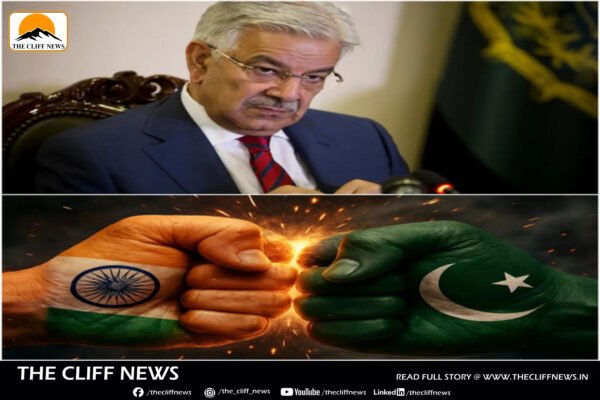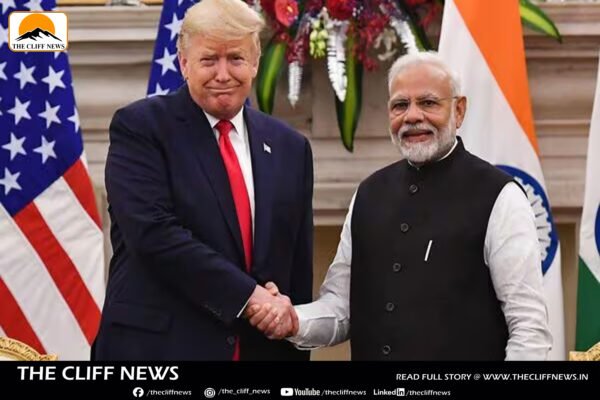Trump Calls for “Total Reset” in US-China Trade Relations After Geneva Talks
Former US President Donald Trump on Sunday called for a “total reset” in his country’s strained trade ties with China, following high-level discussions between US and Chinese officials in Geneva aimed at de-escalating tensions stemming from a recent tariff standoff. Taking to his Truth Social platform, Trump stated: “A very good meeting today with China, in Switzerland. Many things discussed, much agreed to. A total reset negotiated in a friendly, but constructive, manner. We want to see, for the good of both China and the U.S., an opening up of China to American business. GREAT PROGRESS MADE.” Trump emphasized the need for greater access to Chinese markets for American companies, signaling his intent to reshape the trade dynamics between the two global giants. The Geneva meetings marked the first formal negotiations since Trump imposed steep new tariffs on Chinese imports last month, triggering a new wave in the ongoing US-China trade war. The talks, held behind closed doors at the Swiss ambassador’s residence near Lake Geneva, involved US Treasury Secretary Scott Bessent and Trade Representative Jamieson Greer, who met with Chinese Vice Premier He Lifeng. According to a commentary by China’s state-run Xinhua news agency, the meetings were described as an “important step” toward resolving trade tensions. Discussions are expected to continue through the weekend. The trade dispute has led to the US imposing tariffs totaling 145 percent on Chinese goods, with some specific items taxed as high as 245 percent. China retaliated with 125 percent tariffs on American products. Trump, however, suggested he may be open to adjustments, remarking on social media that “80 percent levies on China seem right”, hinting at a potential softening. US Commerce Secretary Howard Lutnick echoed this sentiment on Fox News, saying the administration was interested in de-escalating tensions. However, Trump’s press secretary Karoline Leavitt clarified that any tariff rollback would not be unilateral, emphasizing that China must first offer concrete concessions. The Geneva summit has opened a potential path forward, but the road to a comprehensive trade agreement remains fraught with economic and geopolitical challenges.
